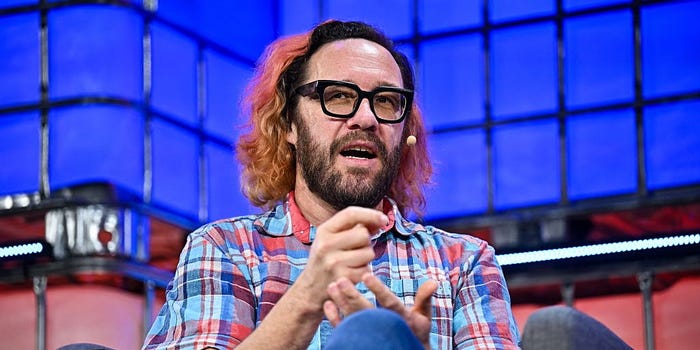
BREAKING: A new app called diVine is launching to revive the essence of the beloved Vine platform, supported by Jack Dorsey and designed to counter the overwhelming tide of AI-generated content. Created by Evan Henshaw-Plath, an original Twitter employee, diVine aims to restore authentic social media interactions that have been overshadowed by algorithm-driven platforms.
In a world increasingly dominated by AI, Henshaw-Plath, known as Rabble, declares this initiative a necessary response to the “enshittification” of the internet, a term popularized by author Cory Doctorow to describe the decline of platforms prioritizing shareholders over user experience. In an exclusive interview, Rabble stated, “There’s this BS we’re seeing from Meta and OpenAI where they decided that somehow we’re better off with all AI-created social media content. That’s not where social media came from.”
diVine not only resurrects the nostalgia of six-second videos but also engages with a critical question: What role should humans play in content creation? Rabble has meticulously sifted through 2.5 terabytes of archived data, successfully restoring over 100,000 original Vine videos to preserve digital history.
The app is bolstered by a $10 million grant from Dorsey’s nonprofit, And Other Stuff, which focuses on building open-source infrastructure. Rabble emphasized that the project was initiated with a modest investment, costing only a few thousand dollars, showcasing its grassroots essence.
While many platforms, including TikTok and Instagram, have taken over the short-form video space since Vine’s closure in 2017, diVine is not merely a competitor. Rabble clarified, “This isn’t a Hail Mary attempt to dethrone TikTok. It’s about building something meaningful for users who crave genuine connections.”
As the app gears up for launch, it promotes itself as a space for “real moments from real humans, not AI,” reflecting a growing discontent among users tired of artificial content saturation. Rabble aims to create a decentralized platform where interactions aren’t locked behind corporate walls. He stated, “Social media shouldn’t be a monoculture.”
In an era where many social startups are emerging to challenge Big Tech’s dominance, diVine represents a significant shift toward community-focused content. “This project shows the kind of internet we want,” Rabble said. “It’ll be useful for some portion of users. If it becomes really popular with a few thousand people—that’s great.”
With Dorsey’s active involvement and a vision for a decentralized future, diVine could reshape the landscape of social media as we know it. Users are invited to stay tuned for updates as this exciting initiative unfolds, promising a much-needed return to authenticity in online interactions.





